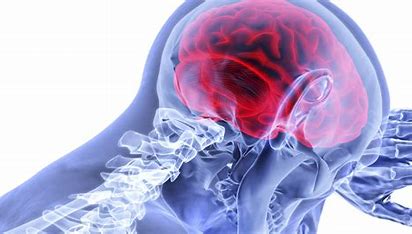Sepsis, also known as blood poisoning, occurs when the body responds severely to an infection, leading to potentially life-threatening conditions such as organ dysfunction and shock. According to Dr. Praveen Gupta, Principal Director & Chief of Neurology at Fortis Hospital, sepsis is a significant cause of mortality, particularly in critical care units. However, a lesser-known risk is the increased likelihood of stroke following sepsis, an important factor that requires attention.
How Sepsis Can Lead to Stroke
Potential Routes
Several pathways connect sepsis and stroke, including atrial fibrillation, hemodynamic instability, coagulopathy (blood clotting disorders), and chronic inflammation. These conditions can disrupt normal blood flow, increasing stroke risk.
Organ Failure and Stroke Risk
Sepsis-induced organ failure, particularly in the heart and kidneys, can heighten the risk of stroke. The damage caused by these failures can impair blood circulation and pressure regulation, making stroke more likely.
Tips to Prevent Sepsis-Induced Stroke
Recognizing Symptoms Early
Early recognition of sepsis (symptoms like fever, rapid heart rate, confusion, and shortness of breath) and stroke (sudden weakness, slurred speech, facial drooping) is crucial for effective treatment. Quick action can save lives.
Preventing Infections
The best way to prevent sepsis is by reducing the risk of infections. This includes maintaining hygiene, seeking prompt medical attention for infections, and following prescribed treatments.
Adopting a Healthy Lifestyle
A well-balanced diet, regular exercise, and proper sleep can strengthen the immune system and improve overall health, reducing the chances of infections and stroke.
Raising Awareness
Creating awareness about the link between sepsis and stroke can help both patients and healthcare providers focus on rehabilitation strategies that address the risks of both conditions.
Neurological Risks After Sepsis
Post-sepsis, neurological risks like stroke often go unnoticed. By understanding and addressing these risks, healthcare providers can offer better care, enhancing recovery outcomes for patients.










